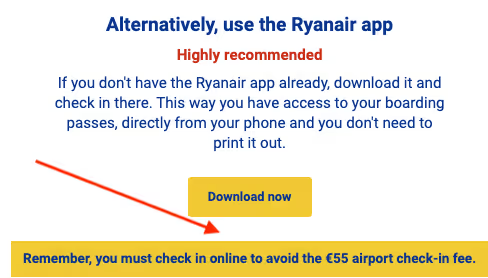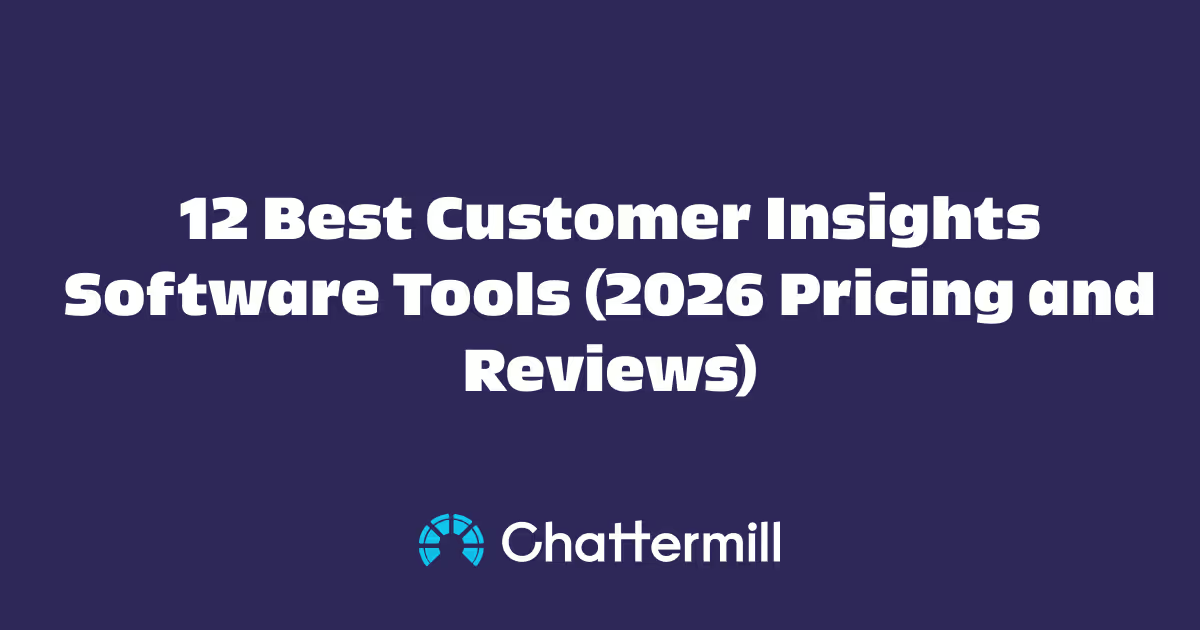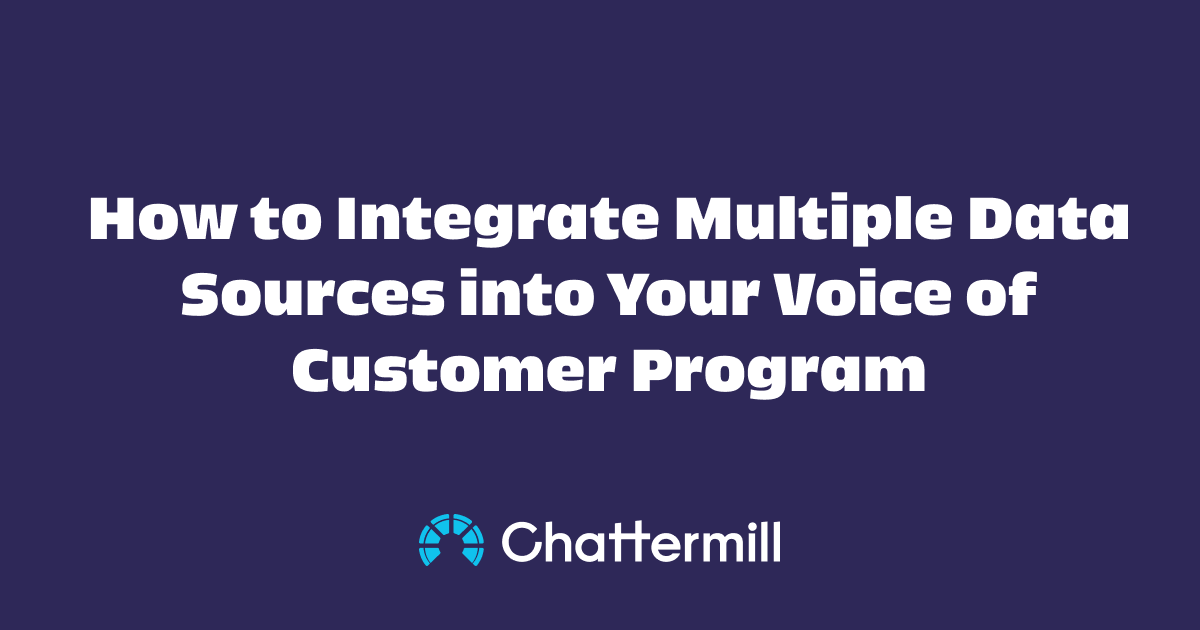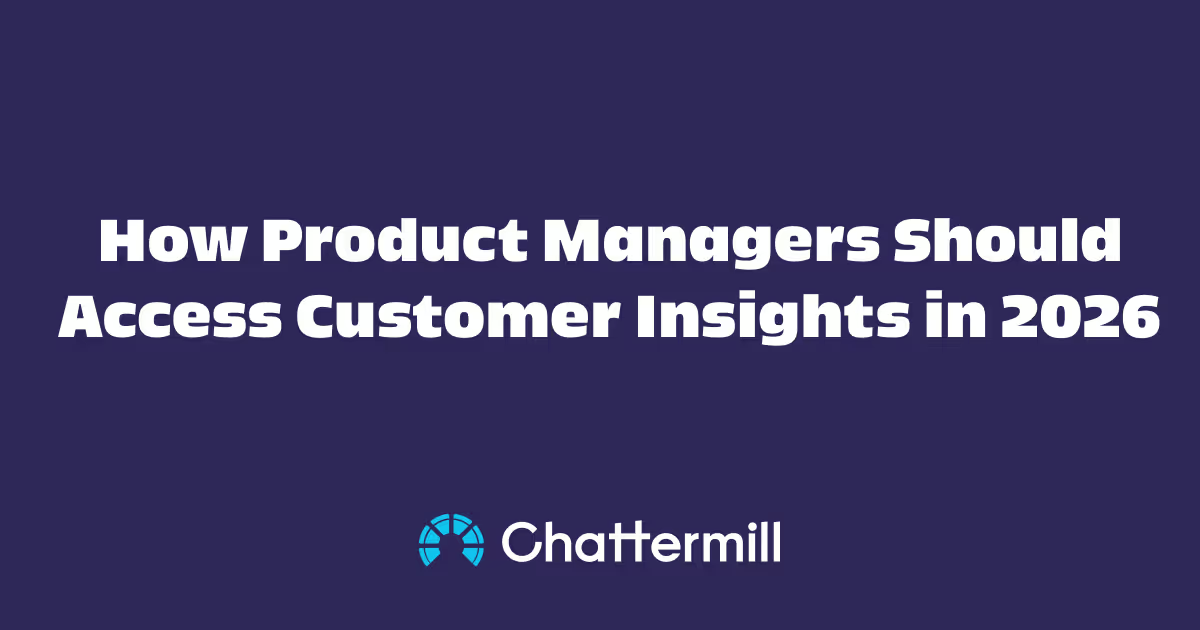When you hear that Ryanair is considering charging customers to use the toilet you could conclude that they place very little value on Customer Experience.
Seeing that they’ve also ranked in the bottom 3 of a leading industry satisfaction survey every year for the last decade might confirm your suspicions.
The reality, however, is that Ryanair is a CX monster.
From a single route in 1985, Ryanair has become the number one airline in Europe, operating over 3000 flights per day to 230 different destinations.
They were the only major EU airline to grow their pre Covid capacity as the pandemic eased last year and have bounced back even more impressively in 2023, with a strong return to profitability as well as adding over 300 new routes for customers.
So how have Ryanair been so successful?
Ryanair’s approach is a powerful illustration of rapid growth built on a ruthless focus on Customer Experience.
Let's break down the key lessons that Ryanair’s approach illustrates
Ryanair’s approach to CX isn’t built on doing everything well, rather it ruthlessly focuses on their differentiators
Customer experience is often talked about as the customer having a great experience of a product or service. However great CX doesn’t have to mean a great holistic experience, it is actually a lot more nuanced than that.
Almost any experience is made up of a number of compromises or trade offs; luxury is the compromise of paying a high price for receiving a luxurious experience.
Budget is the trade off of low cost for poorer quality.
Ryanair understood that in their sector and for the customers they target, one element of the experience is more important than any other - price.
They know that if they get this element of the experience right people will travel with them, not just once but repeatedly.
They ruthlessly focus on this differentiator and are doing it better than anyone else.

So even though other areas of the experience are less impressive, the incredible strength of this differentiator allows them to benefit from CX growth drivers like high repeat purchase rates and strong word of mouth acquisition.
If you think back, the chances are you probably first heard about Ryanair from an incredulous friend “I flew to Spain for £15, sure it’s a little no frills, but it only cost £15!”
This absolute focus on how they are going to win has seismic implications
Clarity on the element of the experience that differentiates them allows Ryanair to structure their entire business to deliver it.
Their whole operating model and the decisions they take are geared towards what is most important to their customers.
This focus means that they are able to deliver it more effectively than anyone else.
There’s a lot that could be said about how effective Ryanair have been at delivering on a low cost strategy; from bulk ordering aircraft at a discount when the rest of the industry is struggling, to the efficiencies driven by using a single type of aeroplane across all routes.
However the best illustration of just how effective they have been is this - excluding fuel - Ryanair’s unit cost is around half that of Easyjet.
This effectively means that their closest competitor must price their fares at double the cost of Ryanair’s fares to make the same amount of money.
Make no mistake, Ryanair is an incredibly, incredibly rare organisation, it is a business that has absolute clarity on the elements of the experience that will make them successful and it is 100% focused on delivering them; from the boardroom to the air bridge (well actually Ryanair don’t use air bridges for boarding - it’s another way they save money).
They are able to do this because they genuinely understand what is important to customers
A cost focused strategy certainly isn’t new, Micheal Porter’s seminal work outlined Cost as one of his Three Generic Strategies in the early 1980s and competing on price is probably as old as commerce itself.
However price is only ever one part of the equation, customers care about price in relation to the value of what they receive in exchange.
To take an extreme example to make a point - if Ryanair was the cheapest, but only 10% of flights actually made it to their destination, people wouldn’t fly with them.
Equally if Ryanair was only £1 cheaper than a much more luxurious option people wouldn’t fly with them either.
The key is to know what value customer’s ascribe to things and the ‘experience compromises’ they are prepared to make.
This means understanding the difference between customers saying:
“It was expensive but so worth it!”
vs
“It was great but not worth the money”
Or perhaps more likely in Ryanair's case, the difference between customers saying
“It wasn’t the most convenient airport to get to, but it was so much cheaper it was worth the hassle”
vs
“It was so difficult to get there it wasn’t worth saving £50 on the flight”
Ryanair have this level of understanding.

They are confident on the elements of the experience that matter and the specific customer ‘experience compromises’ their target customers are prepared to make.
This means they can, and do, take the most important strategic decisions factoring in the customer’s experience.
To illustrate this, let's take a source of customer dissatisfaction (airport location) and look at how it relates to Ryanair’s number one cost advantage (airport landing fees).
Inconvenient airports are a negative element of the experience for a lot of customers who complain about flying to lesser airports or that airports are far away from the cities they serve.
However, by operating from smaller airports where Ryanair is the dominant partner in the airline / airport relationship, Ryanair is able to extract concessions and save significant cost on landing fees. This is a major cost advantage.
Their understanding of the relative importance of different elements of the experience and the compromises their customers are prepared to make is game changing.
In this example, it means they are not distracted by negative customer perception in relation to location which allows them to capitalise on this cost saving.
Such a decision would be incredibly risky if they did not fully understand the specific trade off that customers make between price and airport location.
Put simply, Ryanair’s number one cost advantage is only possible because they genuinely understand what is important to customers.
From this incredible position of strength Ryanair are able to compete in other areas whilst staying true to their brand promise
The news story about charging customers to use the toilet - once described as the publicity “gift that keeps on giving” - by Ryanair CEO Micheal O’Leary - is designed to reinforce the narrative that Ryanair will do whatever it takes to keep costs low for the customer. It is not their strategy in relation to customers.
They are keenly aware of the elements of the experience that they need to get right to become even more successful.
Having built their experience on a limited number of factors (price, punctuality etc) Ryanair have then been able to get to work on complementary / adjacent capabilities that don’t impact the core mission.
One example is customer service. There is an old adage that “manners cost nothing”, which perhaps makes this element of the experience appealing to a company focused on cost. However Peak-End theory also states that people’s recollection of an experience is heavily influenced by what happened at its peak intensity and at its end.
This means that a particularly nasty element of the experience can have a big impact on an individual’s perception.
For a lot of people, interacting with unfriendly or rude staff can be one of these ‘peaks’ in the experience that creates a lasting impression.
Given that a customer’s perception drives their behaviour - for example booking with an airline again - and this behaviour is either beneficial or detrimental to the airline’s bottom line, it makes sense to try to remove pockets of negative experience wherever they don’t contradict with core differentiators.
Indeed, there are some clues as to the progress they are making on this front. In FY 2023 they reported a CSAT score of over 85% with crew friendliness consistently touching 95%. Whilst in 2022 they established Customer Service targets with the aim of answering all customer queries in a timely and efficient manner.
NPS currently sits at a modest 14 this year but even this represents a 7 point increase vs last year.
Anecdotally, flying with Ryanair for the first time in years a couple of weeks ago, two things struck me.
Firstly the friendliness of the staff, one member of the cabin crew was actively asking about the sporting event a fellow passenger had just attended. Secondly the greater clarity with which additional charges now appear to be communicated.
Being charged for something that was ‘hidden in the small print’ can lead to a sense of feeling tricked, cheated or swindled, which is another element of an experience that is likely to create a negative peak.
More clearly communicating charges may alter the customer’s perception of the experience even if they do end up having to pay more.

Sustainability is another example of leveraging their strengths as a business to deliver a complementary differentiator for customers.
Their cost based investments in newer, more efficient aircraft that carry 4% more passengers but burn 16% less fuel & reduce emissions by 16% per seat mean they will be well placed as customers increasingly care about the impact of their travel on the environment.
Their annual report states that Customers who switch to Ryanair from EU legacy airlines can already cut their CO2 by up to 50% per flight.
Ryanair could soon be the friendliest, cheapest, most environmentally friendly option to fly in Europe!
As Ryanair expands the elements of the experience that they do well they increasingly encroach on parts of the experience where competitors formerly held an advantage.
As we have seen, without the same degree of clarity and focus, competitors can’t compete with Ryanair’s differentiators.
If competitive organisations don’t have equal clarity and focus on making the elements of the experience that provide their competitive advantage both robust and defensible, there is only one outcome.
They will increasingly haemorrhage customers to Ryanair.
What CX led-growth means for other companies
We talk a lot about CX leaders like Zappos and Airbnb who have used exceptional CX to deliver stellar growth. So at first glance recognising Ryanair, a company that has even been accused of treating it’s customers with contempt, in the context of great CX may seem strange.
However, that is to oversimplify customer experience as a strategy for growth.
The reality is that most companies focus on particular elements of the experience to the detriment of others (although few are perhaps so vocal about this trade off or amplify it so boldly as part of their social media strategy!).
.avif)
Ryanair may not be not ‘liked’ in the same way as these other brands (yet) but their laser focus on delivering the elements of experience that matter to their customers is exceptional.
Their approach shows that there is more than one way to use customer experience to grow rapidly.
However it also reinforces the non-negotiables of CX led growth.
No matter which strategy an organisation chooses to be successful, it is dependent on understanding what customers think and feel; what they like, what they don’t and the trade-offs, compromises and nuances in their perception of the experience.
But more than that, as Ryanair highlights, it means being prepared to take the big decisions with confidence off the back of this customer experience intelligence.
The one thing to take away from this is not that Ryanair are actually pretty impressive (although they are).
It is that the same fundamental principles deliver success regardless of the specific strategy an organisation chooses to pursue or the industry or sector they are in.
The future looks bright for Ryanair, but for any organisation that fails to align around what is important to their customers - whether through uncertainty or simply misunderstanding what their customers value - it could be terminal.
















